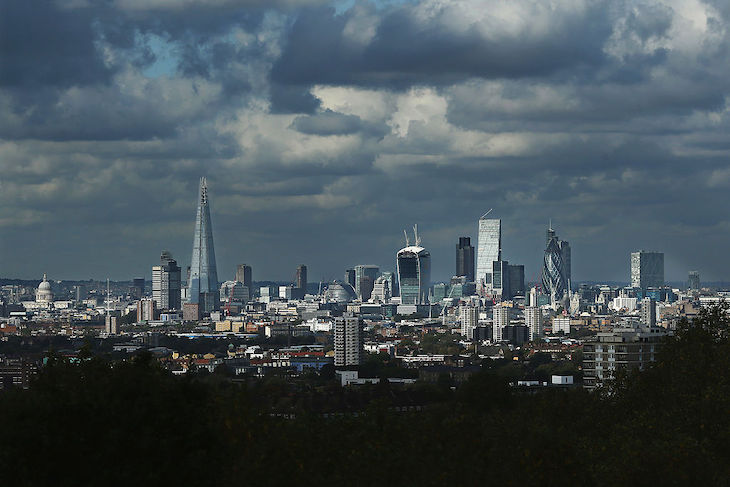We are, of course, on the cusp of an exodus of UK businesses as they leave to set up home in other EU countries. We know this because Remainers keep telling us so. Banking jobs are going to disappear to Frankfurt, manufacturing jobs to France or the Czech Republic. Or maybe not. It is not quite how the World Bank sees it.
Its latest survey of the world’s best countries in which to do business – which takes into account such things as tax and regulatory barriers as well as access to energy and other services – ranks Britain as eighth out of 190 countries, one place higher than last year and higher than any other EU country except Denmark. Most EU countries do not score highly. Germany is at 22, France 32, Belgium 46 and Italy 58.
Interestingly, the World Bank does see a little blot on the horizon regarding the business environment in Britain, but it is nothing to do with Brexit – it is the increase in contributions which have to be made through auto-enrolment pensions.
Of all the countries which have made the most progress in making it easier to do business over the past year not one is in Europe: they were Saudi Arabia, Jordan, Togo, Bahrain, Tajikistan, Pakistan, China, Kuwait, India and Nigeria – although most of these countries began from a low base. But it shows what Europe is up against: a world which, for the most part, wants to make it easier to do business, compared with an EU which often seems more focused on workers’ rights.
Brexit doesn’t, of course, necessarily mean that Britain will become a more business-friendly place. We could end up with a Jeremy Corbyn government which really will frighten business away by forcing them to put workers on boards, handing over 10 per cent of a company’s stock to a fund for the workers (and the government) and by threatening nationalisation. But, used properly, the freedoms which come with Brexit should help propel us up the World Bank’s table in future and turn us into an even bigger magnet for business than we are already.







Comments